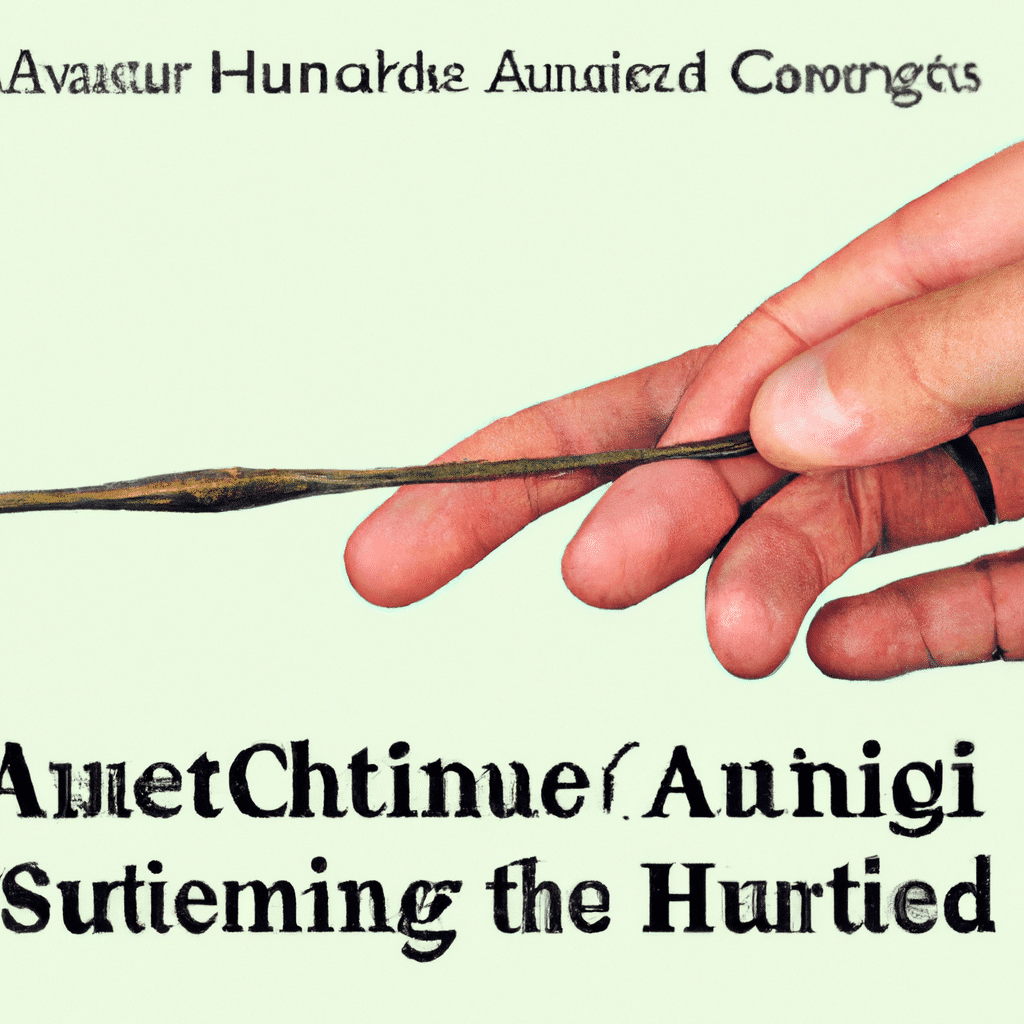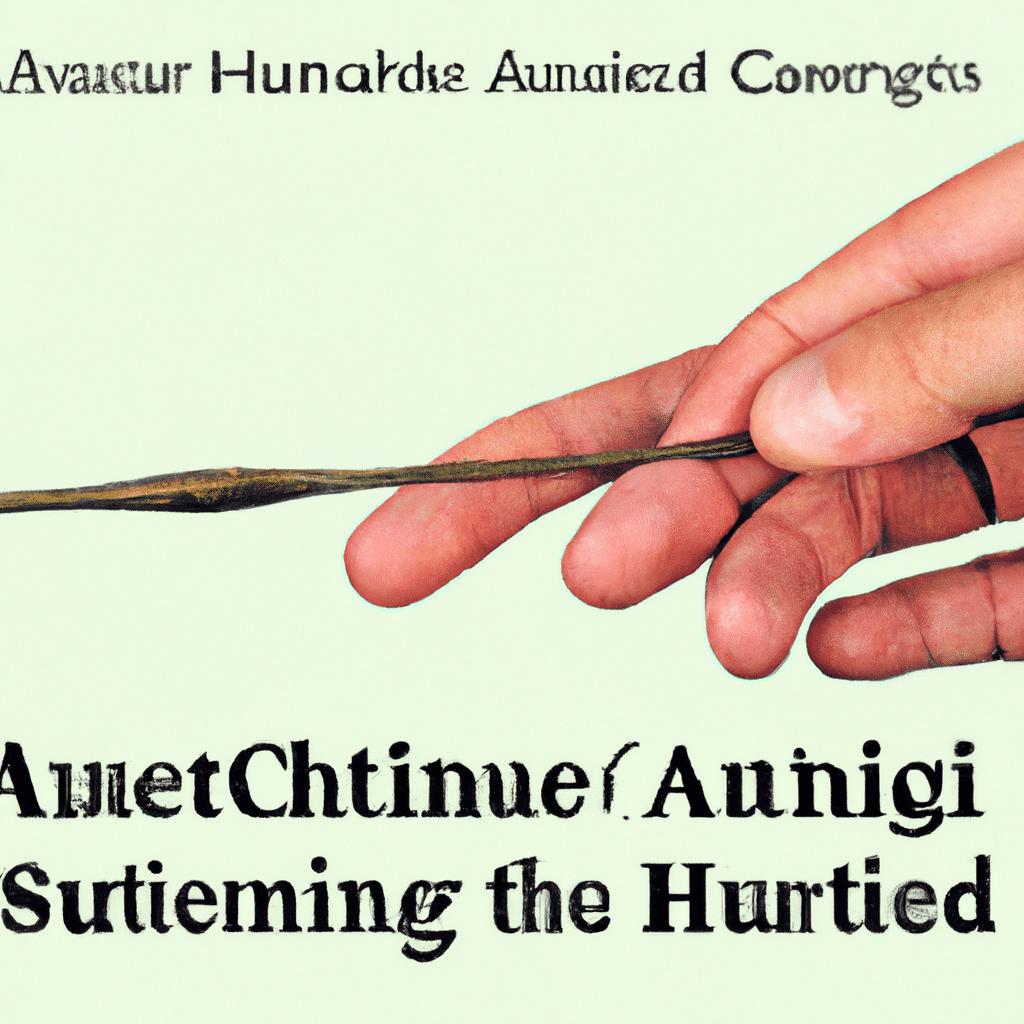
Acupuncture: An Evidence-based Approach to Alternative Medicine
In this article, we explore the fascinating world of alternative therapies, specifically focusing on acupuncture. While mainstream Western medicine often overlooks these treatments, it is important to recognize that some of these alternative methods have scientific evidence backing their effectiveness. Acupuncture, in particular, has gained significant attention for its potential health benefits. So, let’s dive into the world of acupuncture and discover how this ancient practice is being embraced with an evidence-based approach to alternative medicine.
Benefits of Acupuncture
Acupuncture is a Traditional Chinese Medicine practice that has been gaining popularity worldwide due to its numerous benefits. From pain management to mental health, acupuncture has proven to be a holistic and effective approach to improving overall well-being. This article will explore the various benefits of acupuncture and how it can positively impact your life.
How Acupuncture Works
Acupuncture is based on the principle that our bodies have an energy flow called Qi (pronounced “chee”), which travels along specific pathways known as meridians. When this energy flow is disrupted or blocked, it can lead to illness and pain. Acupuncture works by inserting thin needles into specific points along these meridians to restore the balance of Qi and stimulate the body’s natural healing response.
Traditional Chinese Medicine (TCM)
Acupuncture is deeply rooted in Traditional Chinese Medicine (TCM), which is a comprehensive medical system that has been practiced for thousands of years. TCM views the body as an interconnected system and emphasizes the importance of balance and harmony for optimal health. Acupuncture is just one aspect of TCM, and it is often combined with herbal medicine, dietary therapy, and other holistic approaches.
Principles of Acupuncture
Acupuncture is guided by several core principles that underpin its effectiveness. One of the main principles is the concept of Yin and Yang. In TCM, Yin represents the cool, passive, and nourishing aspects of the body, while Yang represents the warm, active, and energetic aspects. Achieving a balance between Yin and Yang is crucial for overall health.
Another principle of acupuncture is the Five Elements theory, which associates different organs in the body with specific elements (Wood, Fire, Earth, Metal, and Water). Each element is interconnected and influences the others, so an imbalance in one organ can affect the entire system. Acupuncture aims to restore harmony among the five elements and promote optimal health.
Key Acupuncture Points
Acupuncture relies on specific points along the meridians called acupuncture points. There are over 350 acupuncture points in the body, each with its unique therapeutic properties. These points are carefully selected based on the individual’s symptoms, diagnosis, and overall condition. By stimulating these points, acupuncturists can address various health concerns and promote overall well-being.

Acupuncture Techniques
Acupuncture techniques vary depending on the practitioner and the specific condition being treated. The most common technique involves inserting thin, sterile needles (about the width of a human hair) into the acupuncture points. The needles are typically left in place for about 15 to 30 minutes while the individual lies comfortably. Some other techniques include:
- Moxibustion: The burning of dried herbs on or near the acupuncture points to stimulate healing.
- Cupping: The use of glass or plastic cups to create suction on the skin, promoting blood flow and releasing tension.
- Electroacupuncture: The integration of mild electrical stimulation with acupuncture needles to enhance treatment effectiveness.
These techniques are performed by trained acupuncturists who have a thorough understanding of the principles and applications of acupuncture.
Conditions Treated by Acupuncture
Acupuncture has a wide range of applications and can be used to treat various physical, emotional, and mental conditions. Here are some common conditions that can be effectively addressed through acupuncture:
- Chronic pain: Acupuncture has been shown to provide relief for conditions such as back pain, arthritis, migraines, and fibromyalgia.
- Digestive disorders: Acupuncture can help improve digestive function, alleviate symptoms of irritable bowel syndrome (IBS), and regulate appetite.
- Respiratory conditions: Acupuncture has been used to manage asthma, allergies, sinusitis, and bronchitis.
- Stress and anxiety: Acupuncture is known to promote relaxation, reduce stress levels, and enhance overall emotional well-being.
- Insomnia: Acupuncture can help regulate sleep patterns and improve the quality and duration of sleep.
- Women’s health: Acupuncture has shown promising results in treating menstrual irregularities, fertility issues, and menopause symptoms.
It is important to note that while acupuncture can be an effective treatment option for many conditions, it should not be used as a substitute for conventional medical care. It is best used as a complementary therapy alongside other appropriate treatments.

Acupuncture and Pain Management
One of the most well-known benefits of acupuncture is its effectiveness in managing various types of pain. Acupuncture has been found to stimulate the release of endorphins, which are natural painkillers produced by the body. This, in turn, can help relieve acute and chronic pain.
Acupuncture has been particularly successful in treating musculoskeletal pain, such as back pain, neck pain, and joint pain. It can also be used for post-operative pain management, providing a drug-free alternative to painkillers.
Acupuncture and Mental Health
In addition to physical ailments, acupuncture has also shown promising results in improving mental health conditions. By promoting the flow of Qi and restoring balance in the body, acupuncture can help reduce symptoms of stress, anxiety, and depression.
Research has indicated that acupuncture can increase the production of serotonin and dopamine in the brain, neurotransmitters that play a crucial role in regulating mood. This can lead to a greater sense of well-being, improved sleep, and overall mental resilience.
Acupuncture and Fertility
Acupuncture has gained significant attention in the realm of fertility and reproductive health. It can be used in conjunction with assisted reproductive techniques, such as in vitro fertilization (IVF), to enhance the chances of successful conception.
Acupuncture can help improve blood flow to the uterus and ovaries, regulate hormone levels, and reduce stress, all of which can have a positive impact on fertility. It is often used to support women undergoing fertility treatments, as well as men dealing with infertility issues.
While acupuncture alone is not a guaranteed solution for fertility problems, it can be a valuable addition to a comprehensive fertility treatment plan.
In conclusion, acupuncture offers a wide range of benefits for both physical and mental well-being. Its holistic approach, rooted in traditional Chinese medicine, makes it a popular choice for those seeking alternative therapies. From pain management to fertility support, acupuncture has proven to be an effective and natural way to promote optimal health. If you are considering acupuncture, consult with a qualified and licensed acupuncturist to discuss your specific needs and determine if it is a suitable treatment option for you.
